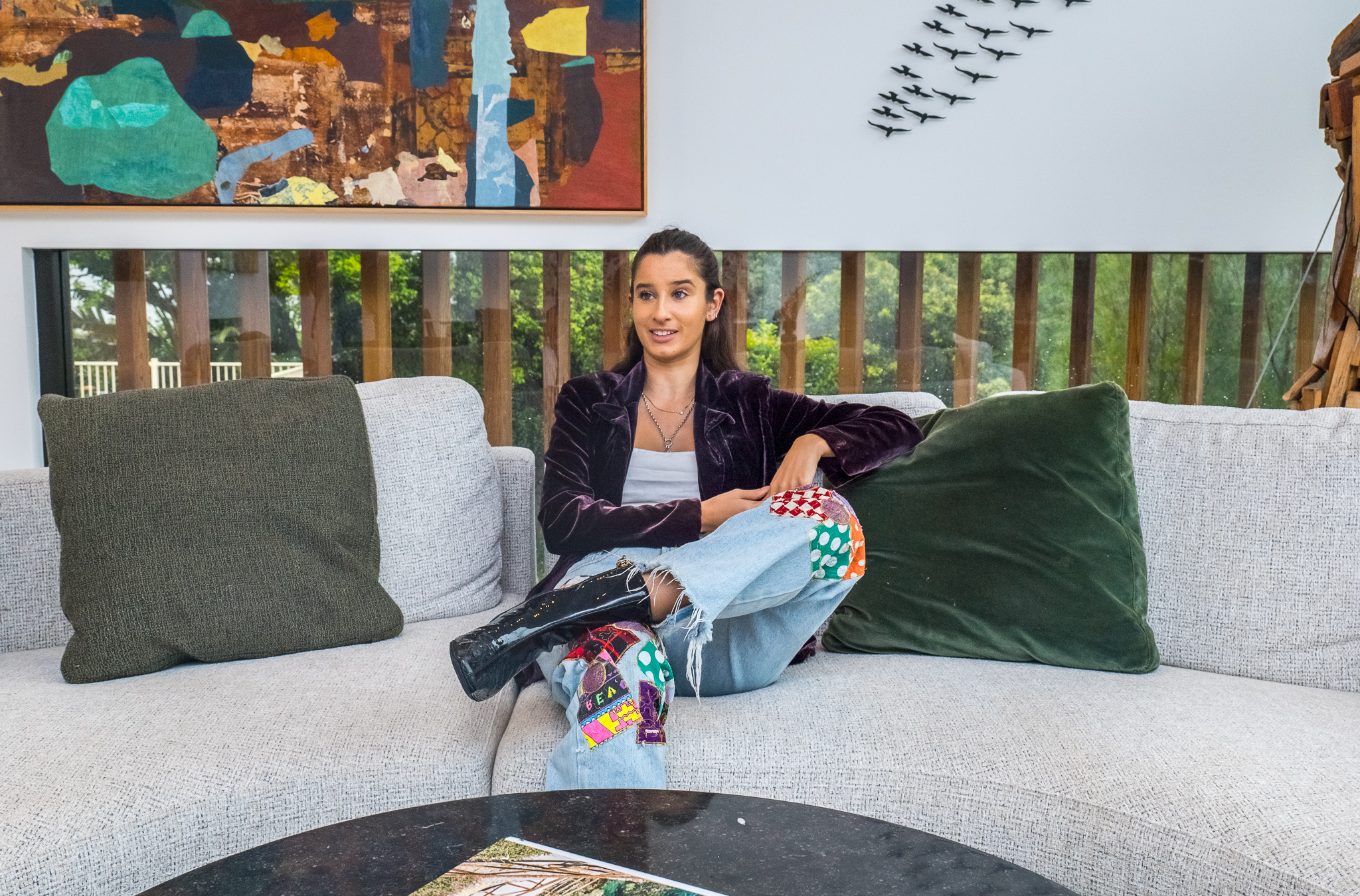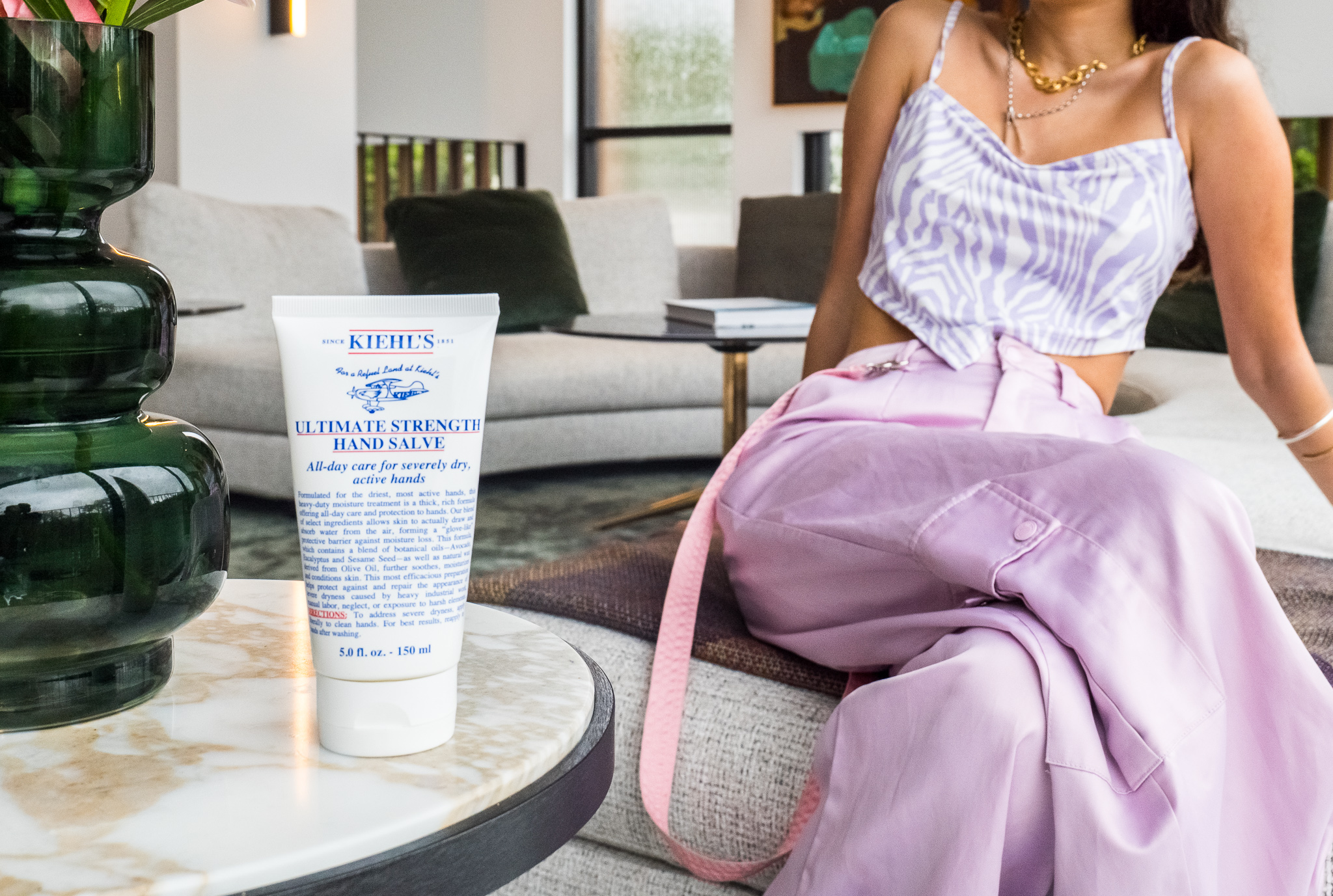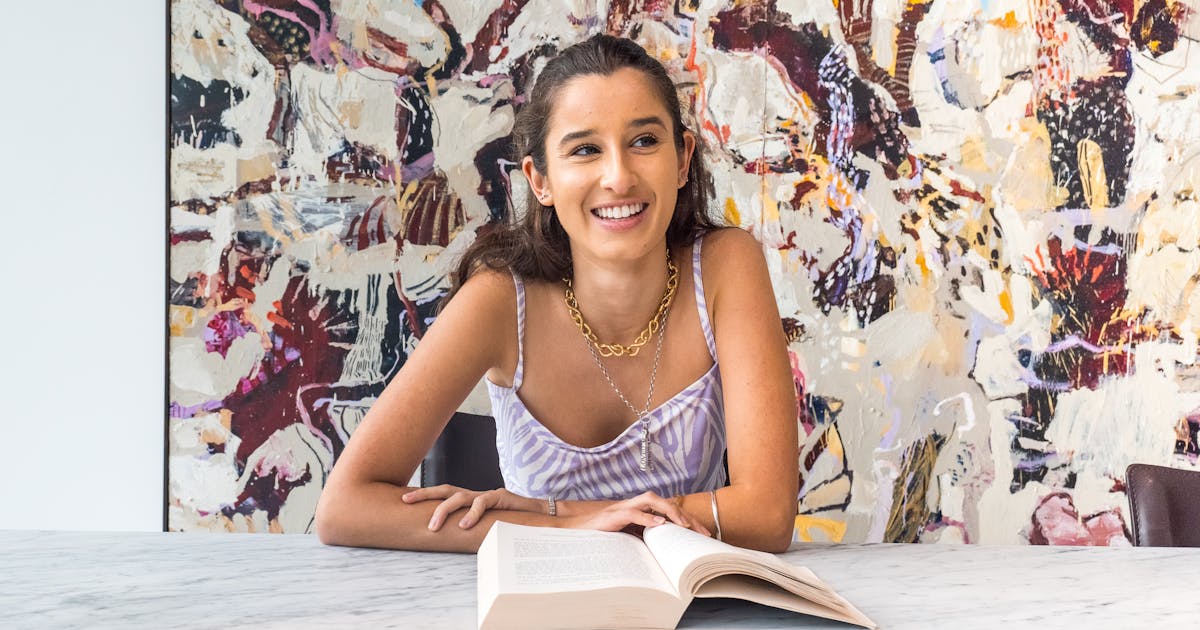welcome to 30 Faces, a celebration of 30 people changing the world by 2030. A destination to discover their professional journey, what fuels their passion, and to educate and inspire your own journey towards a better future.
It’s pretty remarkable to think that an entire movement can spring from a powerful Instagram post. But that’s exactly what happened when Sydneysider Chanel Contos created an Instagram poll in 2021 asking her followers if they or someone close to them had been sexually assaulted while at school. In 24 hours, more than 200 people answered “yes”.
From this viral message, the The Teach Us Consent movement was born, campaigning for earlier and more holistic sex education. The petition has been signed by 44,000 Australians and over 6,600 people have shared their stories of sexual assault. Fast forward to April 2022, and in response to the petition, education ministers across Australia have mandated holistic, age-appropriate consent education.
But that was just the beginning for Contos. Now she has carved out a hugely inspiring career with many more plans to create positive change.
From equipping our future teachers with the tools to teach young people about sex education once they enter the workforce, to facilitating the largest sexual consent survey in Australian history , we chat with Contos about what to expect. Spoiler, her schedule is packed and it’s damn exciting.
Can you tell us about your professional background to date?
My career path has been a bit strange. When I started the Teach Us Consent petition, I was studying for my Masters at University College London, teaching a few tutorials at university, and doing research for an investment fund.
I’ve always had a passion for gender equality and social justice – which is why I got my Masters in Gender, Education and International Development – but I never thought I could make a career out of it so soon .
In April, education ministers across Australia mandated holistic, age-appropriate education of consent in every school, every year, from foundation through year 10. Can you tell us what that moment was like?
To be honest, it was so surreal and in the middle of so much else that I feel like I haven’t been able to process it yet. I think a shout of joy will be in order whenever I have the opportunity to slow down and reflect.
Teach Us Consent has not only brought massive changes here in Australia, but also in the UK. Tell us how Soma Sara reached out via Instagram for tips to start her own movement, Everyone is invited.
Soma messaged me on Instagram when she saw the petition starting here in Australia, asking how Teach Us Consent facilitated it. She already had an organization but again invited her followers to submit testimonials and went public with her own story once she saw the impact of personal accounts of sexual assault in Australia. It’s really cool to see the snowball effect happening around the world!
You have been selected as part of the Urban List x Kiehl’s 30 Faces campaign which highlights 30 people working for a better future by 2030; can you share any exciting projects or what you have planned next?
I am very honored to be alongside all these incredible people. There are a few things going on right now. First, an inquiry with the Australian Human Rights Commission. Second, Teach Us Consent received $8.5 million from the government to create education materials on consent for schools, sports clubs, parents and the wider community in conjunction with Our Watch. And finally, I’m going to be working at The Australia Institute and opening a Center for Sex and Gender Equality to continue working on structural policy change, so I’ll be the director of what I’m incredibly excited for!
Can you tell us about your consent education projects within our universities?
I am currently discussing with the government the integration of training on respectful relationships in the initial training. This will be most effective by making training in respectful relationship education a mandatory part of the requirements needed to become a certified teacher in Australia.

You also interview 150,000 young people about consent with the Human Rights Commission. What do you hope to accomplish?
The primary aim of the survey is to begin to measure understanding of consent among young Australians. The first survey will be carried out before consent education is mandatory in the Australian curriculum, and then periodically thereafter, so that we can begin to measure how education is implemented and how attitudes, beliefs and prevalence of sexual assault is changing.
This will help Australia improve education over time where gaps are exposed, and also help populate data on peer-perpetrated sexual assault in Australia.
You were recently photographed alongside Grace Tame and Julia Gillard. Do you feel like there is a movement right now in Australia?
Yes, these are two huge inspirations for me! People have been advocating for gender equality in Australia since the invasion, but this year I think the media has finally given topics like gender equality and sexual assault the attention they always have deserved. I attribute this to women in the media, especially young people, who have made it a priority. It really feels like we are in the middle of a movement and I hope this will make gender equality a political priority and a common conversation in the future.
Teach Us Consent began as a post that went viral on Instagram; What tips or ideas can you share for others looking to make a change by harnessing the power of social media?
Social media is a great way to reach a younger audience. I love seeing people’s posts and opinions shared on social media, even if they don’t have a large audience, the potential for reach is endless and has the power to impact and influence. So, I encourage people to post the messages that they would like to convey to the world.
Some councils make interactive posts like polls or questions both for your own learning and for others to engage in conversations.
Can you give us an overview of what a typical day looks like for you?
Last year I was living in London, so I stayed up late and got up early to talk to the media or attend meetings. When Australia fell asleep I would take an afternoon nap then at 5pm I woke up again and studied for my masters until Australia woke up again around 10pm .
When I’m in Australia every day is so different, I don’t really have a typical day but if the weather is nice I’ll always try to go to the beach and I never go a day without seeing a friend!
 Do you have a favorite Kiehl’s product that gives you a healthy dose of self-care in a chaotic schedule?
Do you have a favorite Kiehl’s product that gives you a healthy dose of self-care in a chaotic schedule?
Kiehl’s Ultimate Strength Hand Balm. It helps with London’s cold, dry hands!
When it comes to carving out a better future, what do you see and what do you want?
I hope we create a society where intersectional feminism is the norm. To achieve this, we are all going to collectively have to learn a lot and, more importantly, unlearn.
Continue to be inspired and discover other people who will shape the next decade on 30 Faces and learn about Kiehl’s commitment to the clean beauty movement and Future Made Better.
Image credit: Paul Liddle
Editor’s note: This article is sponsored by Kiehl’s and proudly endorsed by Urban List. Please support the sponsors that make Urban List possible. Click on here for more information on our editorial policy.

